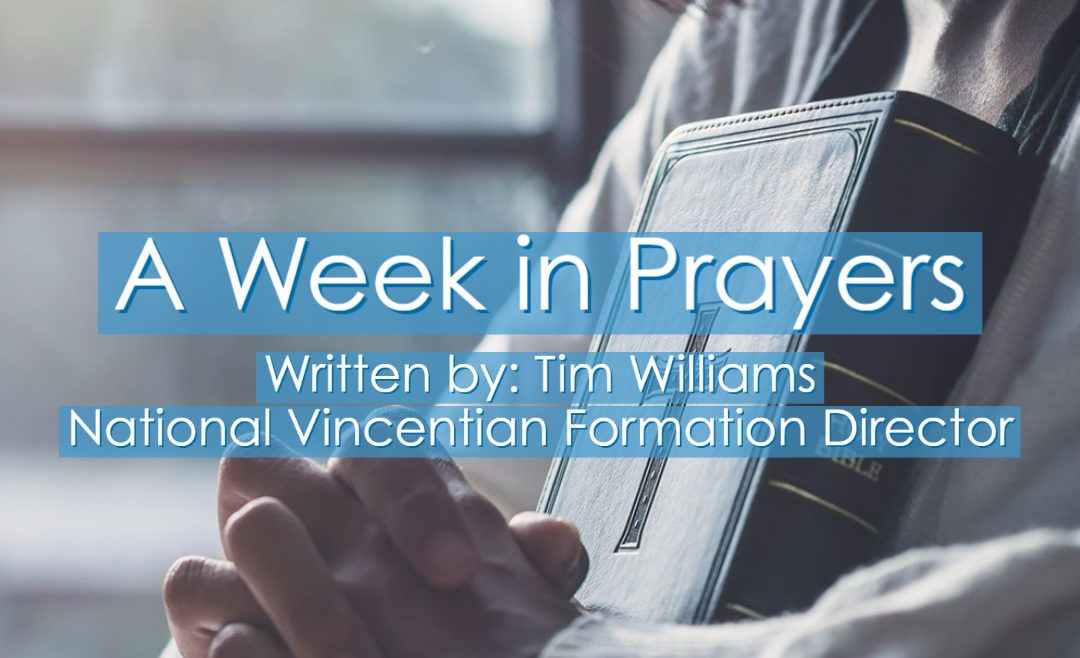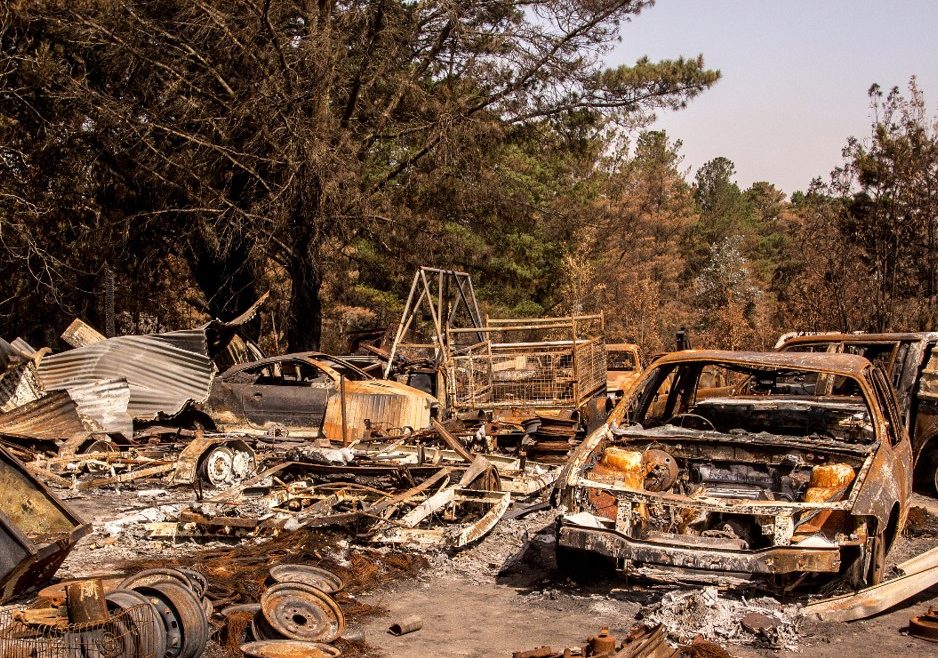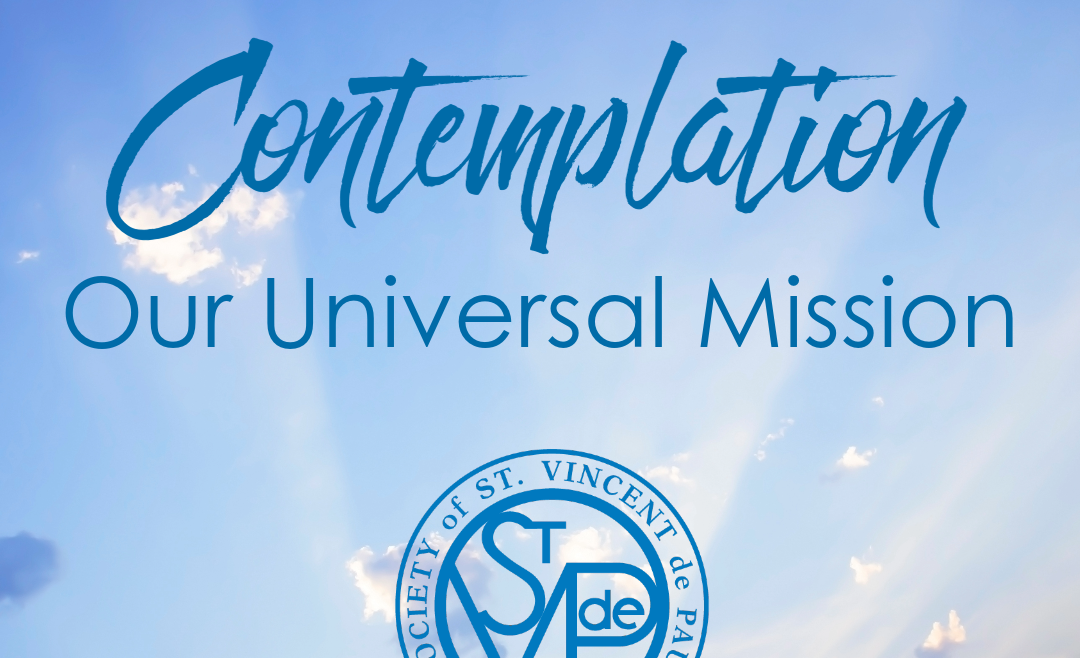With 100,000 Vincentians across the United States and nearly 800,000 around the world, the Society of St. Vincent de Paul provides person-to-person service to those who are needy and suffering. Read some of their stories here:
INTERNATIONAL
- AUSTRALIA: Provider aims to ‘build hope through housing’
- CANADA: Low-income households targeted with free smoke detector campaign
- IRELAND: How Castlebar SVP helps locals in need
NATIONAL
- BOYNTON BEACH, FL: St. Vincent de Paul celebrates 60 years
- LEWISTON, NY: Niagara University celebrates Vincentian charism & those who exemplify it
- LOUISVILLE, KY: St. Vincent de Paul receives James Graham Brown grant
- PHOENIX, AZ: How ASU and nonprofits are curbing high diabetes rates among Latinos
- PHOENIX, AZ: People at the St. Vincent de Paul dining room at the Human Services Campus in Phoenix
- PORTLAND, MI: St. Vincent Society Ramps Up Help for Army Vet







